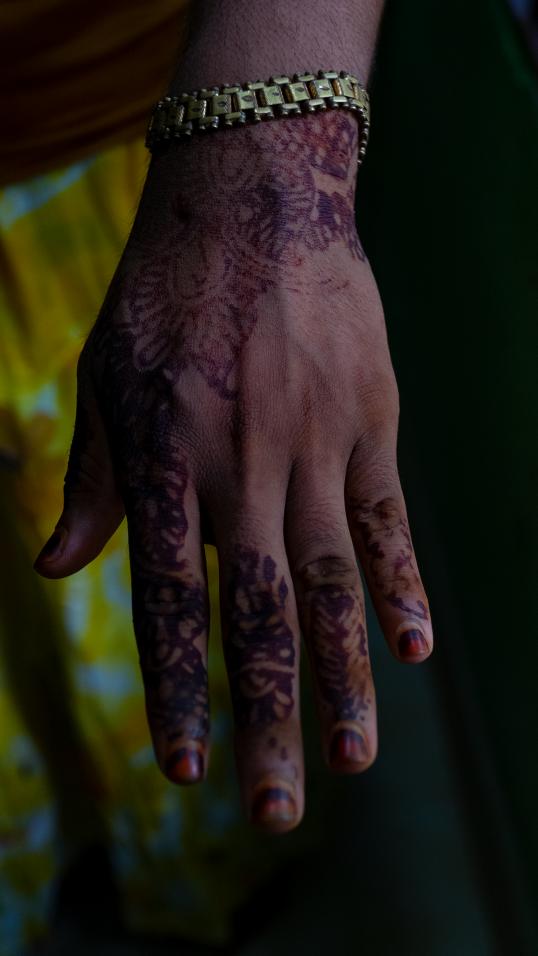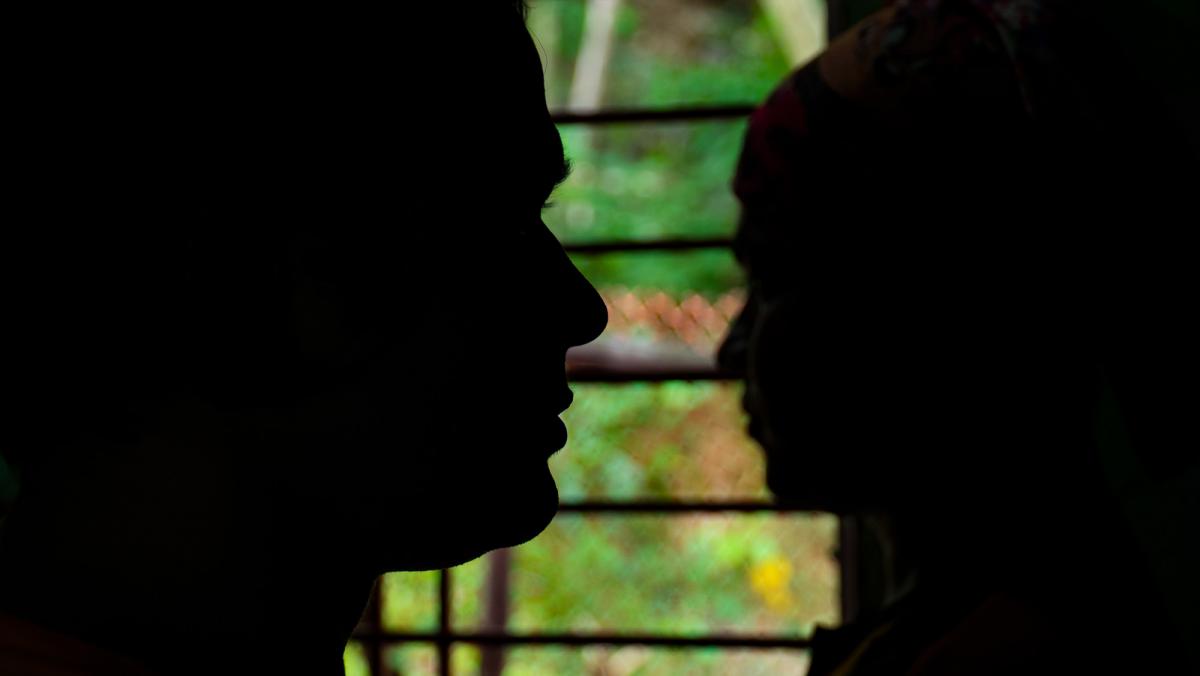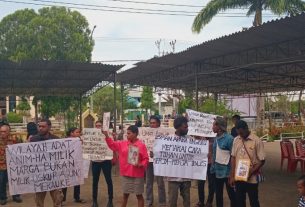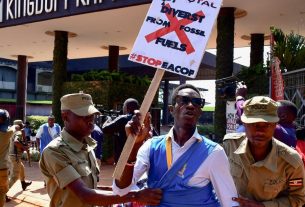Riya Moni is putting her makeup on. She is not afraid of being caught or humiliated anymore – her makeup is her transgression.
She is a transgender woman living in Cox’s Bazar, Bangladesh. Born intersex, she was named Zia by her parents, who ensured no one ever knew about her gender identity.
Cultural stigma and conservative doctrine towards the transgender communities in Bangladesh forces people like Riya to lead a dual and undignified life. Being raised in a boy’s guise, her childhood went by being constantly bullied for acting feminine.
At an EU-funded safe space run by the Danish Refugee Council, Riya found the psychosocial assistance she needed. “Now I have access to health care where they treat me respectfully,” she says.
“They made my life miserable by catcalling, bullying and sometimes even assaulting me,” says Riya. “At times, they would push me, hit me or pull down my trousers.”
She had no one to trust, no one to confide in. Her only wish was to find a place to be her true self and not be afraid. But deep down, she knew there was no such place.
After losing her parents at the age of 12, she started doing physical work for survival, where Hijras in the community noticed here and then invited her to perform with them.
She became more and more accustomed with the Hijra community and transformed herself from Zia to Riya Moni.
“My birth brought nothing but shame to my father and sorrow to my mother; I was nothing but an abomination them.”
Hijra is an umbrella term for intersex and transgender people, particularly common in the Indian sub-continent.
The government of Bangladesh has recognized hijras as the ‘third gender’. This legal recognition is certainly a progressive policy change, but not enough to ensure a safe space and the social acceptance they rightfully deserve.
Supporting the hijra community
Cultural stigma in Bangladesh towards transgender people to forces many to lead a dual and undignified life. Riya, 28, is assisted through EU-funded psychosocial support.
© Sina Hasan/DRC.
Now at 28, Riya Moni owns a fabric store, but that doesn’t mean her fight against the stigma is over.
About a month ago, there was an arson attack at her store. She strongly believes her store was attacked because of her identity; this is not the first time her property had been damaged.
Riya says: “Other store owners in the market don’t like me because I am a Hijra; sometimes customers enter my store, see me and immediately walk out.”
With a strong will and hard work, Riya restarted her business. Due to the refugee influx, the competition in the market became fierce, resulting in ebbs in her business.
She came across the Danish Refugee Council’s (DRC) gender-based violence protection programme, funded by the EU. Riya became a member of the vulnerable group and started to receive psychosocial support from DRC.
Twice a week the hijras gather in the safe space to take part in the recreational activities conducted by DRC.
“The goal is to make them feel welcome and comfortable for who they are; they are provided with make-up supplies, costumes, wigs and jewellery so that they can be who they really want to be, at least for few hours a week,” says DRC’s gender-based violence officer, Mong.
Unlike Riya Moni, many other Rohingya hijras don’t belong to a hijra community, therefore lacking a place of belonging and any peer support which goes with that.
This EU-funded protection programme provides sexual and reproductive health information and services to the hijra community. The group also enjoys recreational activities such as painting, dancing, and singing among other things.

Members of the group do Hena body painting as part of the recreational activities.
© Sina Hasan/DRC
Riya and her friends feel liberated and not judged by society when they are at this safe space. They believe that a safe space like this can have a great impact on mental wellbeing of the hijra community in a long run.
“DRC’s protection programme improved our lives in many ways. For example, now I have access to healthcare facilities in the hospitals,” Riya says.
“When we visit the clinics with DRC’s referrals, no one stops us from entering the hospital and we are treated respectfully. I met many Rohingya hijras at the DRC’s safe space and our common identity helped us bond and forget our differences,” she concludes.



